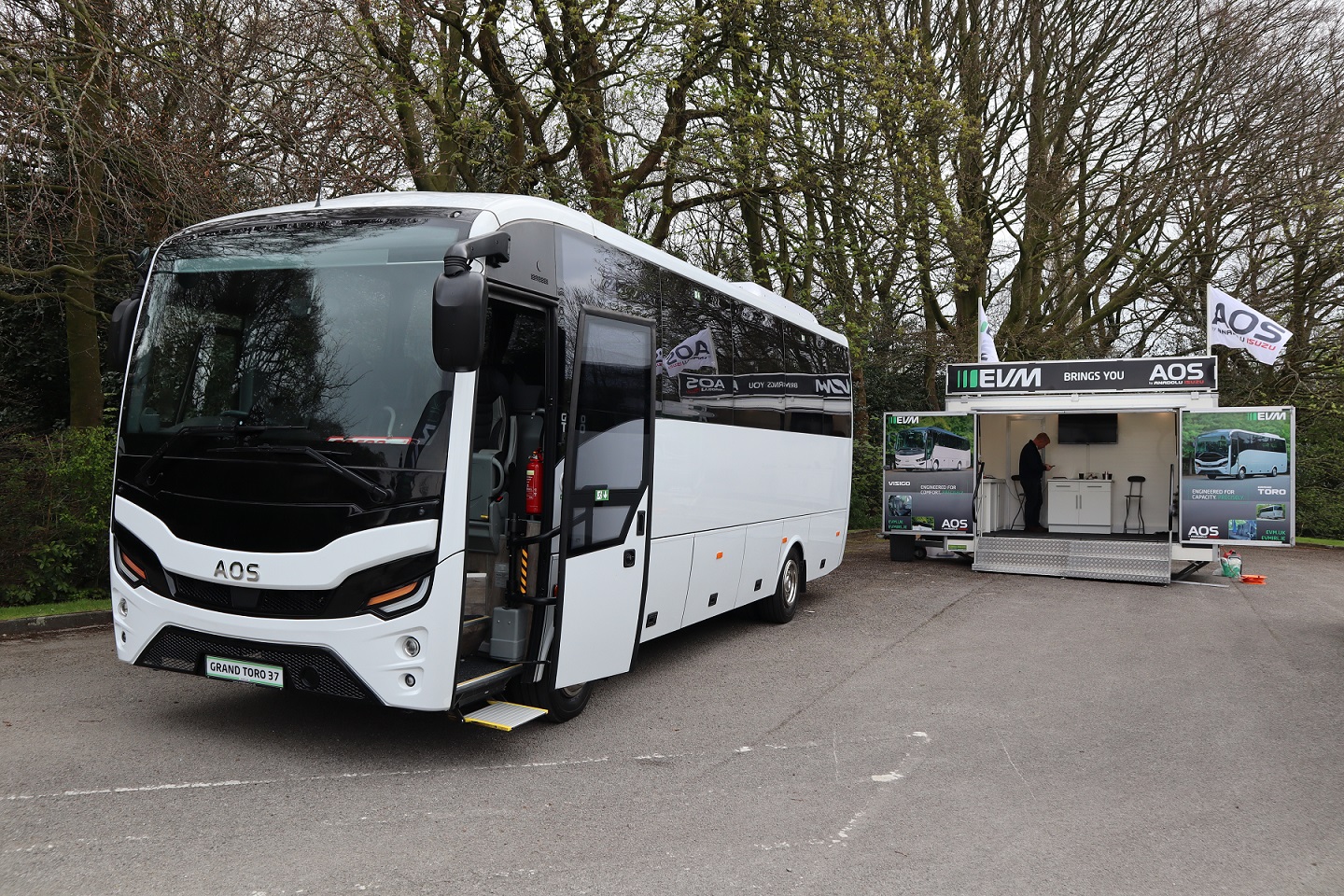RHA is recommending that the proposed Driver Certificate of Professional Competence (DCPC) reforms do not introduce a test-only option and that periodic formal training is upheld.
The body welcomes many of the changes proposed by the government on 2 March and put out for industry consultation until 27 April.
After receiving feedback from members on the proposals, RHA is in particular supportive of greater flexibility in the make-up of the 35 hours of training, calling for more use of e-learning and also seeking the introduction of a return-to-driving module.
A simple pass-or-fail option without the need for the 35 hours of training per five-year period had been the headline proposal made by the Department for Transport (DfT) after years of calls for changes.
However, RHA’s statement this week reads: “The periodic test alone is not in line with maintaining safety standards unless it is combined with mandatory training. Therefore, if a test option was to be introduced, it can only be alongside formal training.”
After engaging with 2000 member companies, RHA also supports short-term exceptions and exemptions, the ability to recognise non-UK qualifications and the introduction of an electronic Driver Qualification Card.
Among the main DfT plans, there will be no minimum course duration and, where a course is split, no requirement for it to be completed across two consecutive days. Further, drivers whose DCPC qualification had lapsed by more than two months but less than two years could take up a streamlined return-to-driving module expected to last no more than seven hours.
Due to some drivers wanting to drive under EU rules, plans include having two parallel qualifications — a national DCPC (N-DCPC) and an international DCPC (I-DCPC).
RHA suggests this could lead to difficulties recruiting international drivers and an increase in the cost of training for I-DCPC due to less demand. To help overcome such issues, the body proposes that, where a N-DCPC module conforms with the existing UK/EU Trade and Cooperation Agreement (TCA), it should be valid to contribute to obtaining I-DCPC.
DCPC reform has long been a key issue for RHA. Its 2022 survey indicated that 96% agreed the present arrangement was not fit for purpose and that 67% wanted an overhaul. The biggest complaint had been that seven-hour classroom sessions were too long.



























